When John Julius Norwich was a boy, his father was British ambassador in Paris.School holidays were spent in the exceptionally beautiful embassy which had been purchased by the Duke of Wellington from Pauline Borghese. He would mix dry martinis for Jean Cocteau, and sing songs to the dinner guests which he had been taught by his father’s mistress, the poetess Louise de Vilmorin, who got on famously with his mother, Diana Cooper.
Already a subscriber? Log in
Subscribe for just $2 a week
Try a month of The Spectator Australia absolutely free and without commitment. Not only that but – if you choose to continue – you’ll pay just $2 a week for your first year.
- Unlimited access to spectator.com.au and app
- The weekly edition on the Spectator Australia app
- Spectator podcasts and newsletters
- Full access to spectator.co.uk
Or
Unlock this article
You might disagree with half of it, but you’ll enjoy reading all of it. Try your first month for free, then just $2 a week for the remainder of your first year.

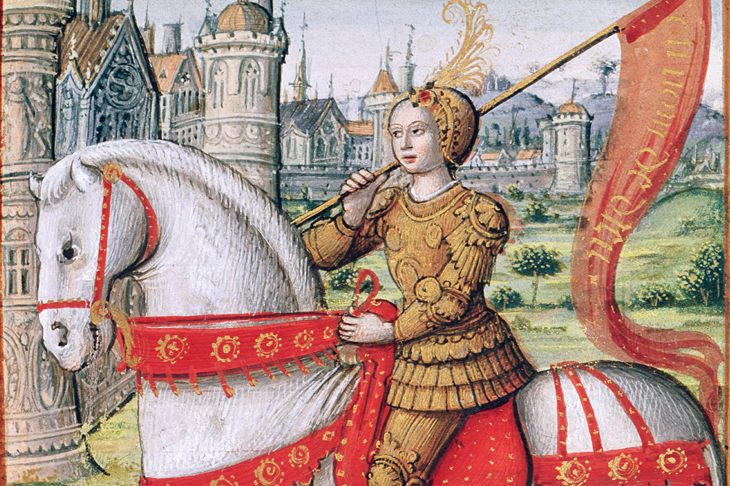

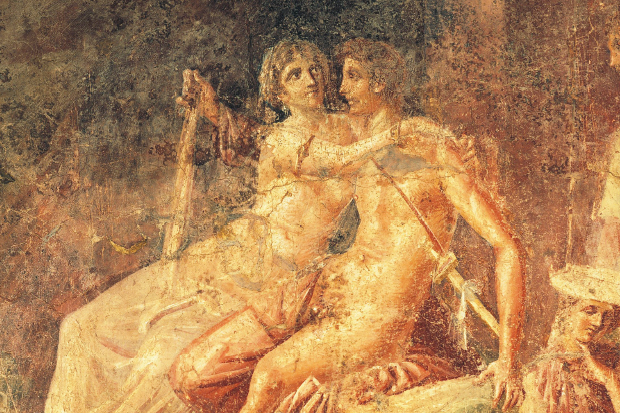
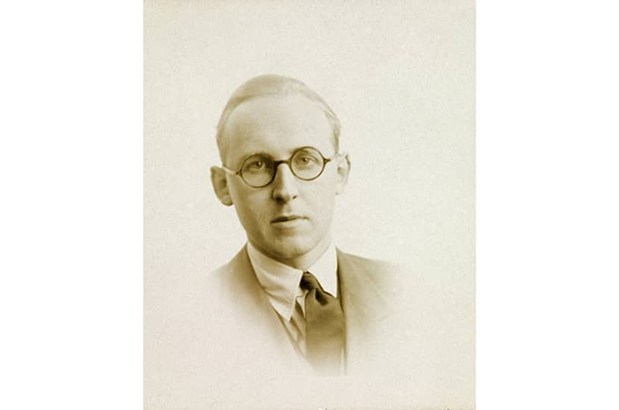

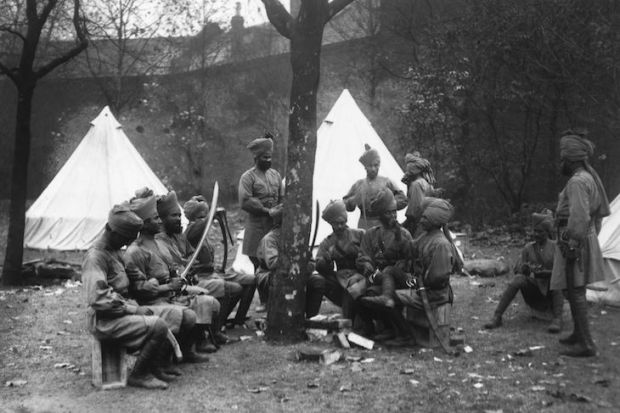
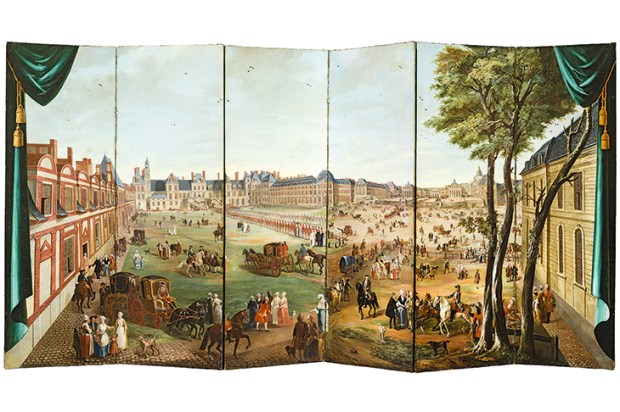






Comments
Don't miss out
Join the conversation with other Spectator Australia readers. Subscribe to leave a comment.
SUBSCRIBEAlready a subscriber? Log in